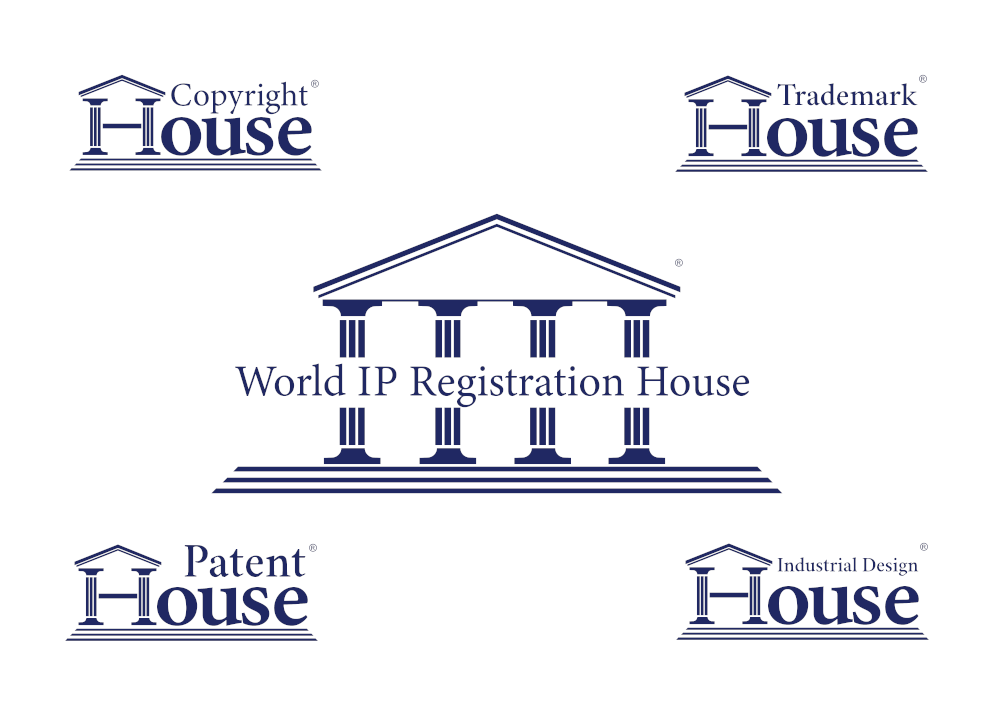How to Copyright Your Book
A book is a written text that can be published in printed or electronic form. Along with other literary works such as poems, essays or online articles, the author is the copyright owner as soon as the work is written. However, it is advisable to register copyright of your book or literary work with an independent third-party.
We recommend authors register copyright of their books, poems, essays or articles prior to sharing them with anyone and that includes prospective publishers.
Below are some guidelines to consider when registering copyright of your book:
- Register copyright of your literary work with an independent copyright registration service.
- If you make any change to or update the book after registering copyright, it is important to register the updated work as a separate and new registration. Please note that you cannot update a copyrighted work as the changes made would make the work different to the original registered work. For this reason, Copyright House offers unlimited registration packages as this best supports the creative process and the evolution of literary works.
- Create a copyright page in your book.
How to Create a Copyright Page for Your Book
A copyright page should appear in your book right after the title page and just before the table of contents. An example of relevant information is listed below:
- The copyright notice. This has the little © symbol or you can use the word “copyright.” So it would look like this: © 2019 John Doe
- The year of publication of the book
- The name of the owner of the works, which is usually the author or publishing house name
- Ordering information
- Reservation of rights
- Copyright notice
- Book editions
- ISBN Number
- Your website (If applicable. We recommend creating a website so people can learn more about you, your other books, or any other relevant information.)
- Credits to the book (co-writers, the editor, the book cover designer)
- Disclaimer
Here are some examples of disclaimers:
- The characters in this book are entirely fictional. Any resemblance to actual persons living or dead is entirely coincidental.
- Some names and identifying details have been changed to protect the privacy of individuals.
- Although the author and publisher have made every effort to ensure that the information in this book was correct at press time, the author and publisher do not assume and hereby disclaim any liability to any party for any loss, damage, or disruption caused by errors or omissions, whether such errors or omissions result from negligence, accident, or any other cause.
A disclaimer is very important and can serve many functions with regard to the content of your literary work.
Disclaimers are used in almost all literary works including, fiction, non-fiction, memoirs and biographies and we recommend legal advice if you have any questions regarding what disclaimers you may need to add to your own book.
The information on this page is not a complete guide but should be regarded as a basic overview to enhance your understanding of copyright. This is not legal advice and should not be considered as such. Some information may not be applicable in certain situations.

